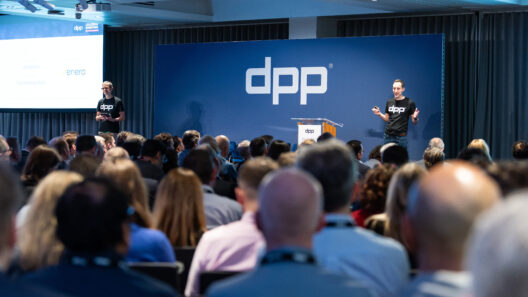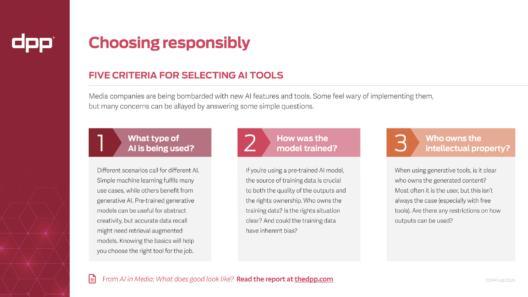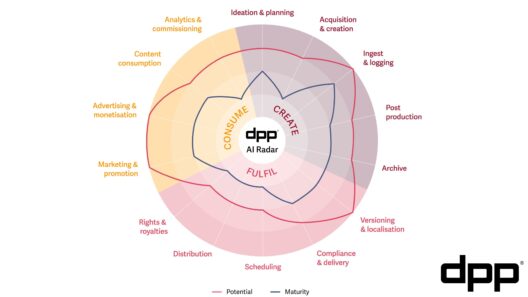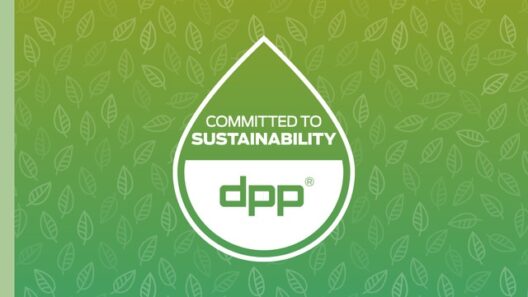I may be the luckiest guy in the media industry. The extraordinary range and diversity of the DPP network, together with the generosity of our member companies in sharing their knowledge and experience, means I regularly get new insights.
And after absorbing the encounters I have had over the last few weeks I am left with an insight that feels especially compelling: that there are two little words we should all be saying more: supply chain. And here’s why.
Our industry routinely makes the observation that ‘we are living at a time of huge change’, as if it’s still a surprise. But some companies have moved beyond this. They accept we have reached a new normal, and that action is required.
These companies have recognised that the industrial processes required for the creation, management and delivery of content now need to be completely different from ten years ago. And they’ve also realised those processes need to follow supply chain principles.
It is no fluke that the term ‘supply chain’ was rarely used in media until very recently, despite the fact it has been common parlance in other verticals for decades. And that’s because the language of supply chain – the processing of raw materials into products for delivery; the management of resources to minimise cost and maximise speed to market; the constant drive to eliminate waste, and so on – did not seem relevant to the view the TV and movie industry had of itself as a bespoke, creative endeavour, that decided when and how to supply to its consumers.
But the media industry is now demand led. It is a market in which consumers continually set and reset content trends, and in which opportunities are constantly growing, while revenues remain challenging.
As a DPP report observed as long ago as June 2017, supply chain principles are now not just relevant, but essential. Technology has matured sufficiently to make supply chains digital rather than physical. And many companies who have embraced the new normal, have already put new cloud-based supply chains in place.
So why isn’t everyone talking supply chain? The answer probably relates to the business change required by such process modernisation.
Business change is often discussed as if it’s an artform. But in reality, a transformation that happens quickly in response to a rapid change in market conditions, tends to come down from the top. The formation of a special ‘innovation team’, with the brief to ‘go and get stakeholder buy-in’, on the other hand, tends to carry a clanking sound much like a tin can being kicked down the road.
Those content companies who have adopted supply chain thinking have done so with support from the highest level. The only clanking sound is steely determination.
When the DPP takes the temperature of the industry with its Tech Leaders’ Briefing in November this year, we will find out what senior leaders from around the world regard as the priorities for their businesses. If you listen carefully I suspect there are two little words you might hear rather a lot.






















